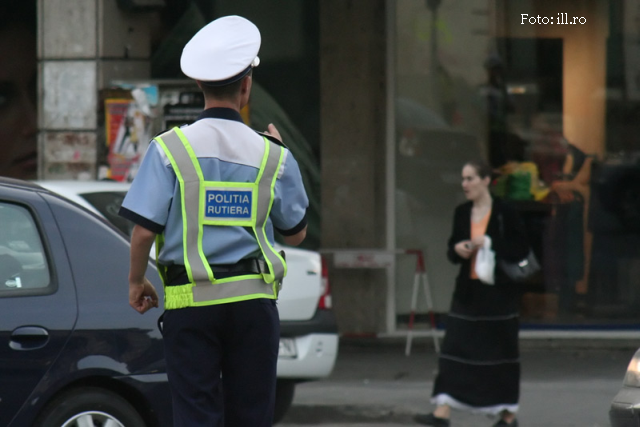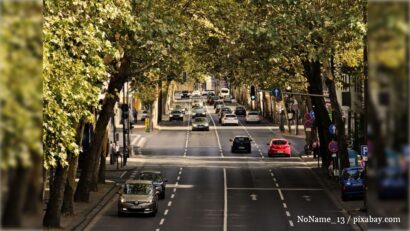Amendments to the Road Traffic Code
Criticized by hauliers and car owners alike, the draft road traffic code was submitted for debate in Parliament’s legal defense and administration committees. Among others, the draft Code provides for an increase in the speed limit within inhabited areas and changes certain procedures related to the handing of fines. Accordingly, for fines up to 375 euros, the offender can pay off half of the minimum sum required to the traffic officer on the spot. As regards speeding, the new law wants to increase the speed limit within inhabited areas from 50 to 60 km/h. Moreover, the speed limit outside inhabited areas will also be 110 km/h as compared to the current limit of 100 km/h for category B-license owners.

Mihai Pelin, 11.02.2014, 13:22
Criticized by hauliers and car owners alike, the draft road traffic code was submitted for debate in Parliament’s legal defense and administration committees. Among others, the draft Code provides for an increase in the speed limit within inhabited areas and changes certain procedures related to the handing of fines. Accordingly, for fines up to 375 euros, the offender can pay off half of the minimum sum required to the traffic officer on the spot. As regards speeding, the new law wants to increase the speed limit within inhabited areas from 50 to 60 km/h. Moreover, the speed limit outside inhabited areas will also be 110 km/h as compared to the current limit of 100 km/h for category B-license owners.
In another move, an amendment previously adopted was rejected, whereby car drivers with an experience of less than a year had to be accompanied by a family member with a driving experience of at least five years during nighttime. The new code also forbids driving with a blood alcohol concentration above 0.15 mg/l of alcohol in expired air or 0.2 g/l of alcohol in blood. The code also forbids driving under the influence of drugs, narcotics or controlled substances with similar effects.
The Government sees the changes as necessary, given that the current regulations don’t make a compulsory distinction with respect to this ban. The ban is only deduced from penalties pertaining to crimes or offences as the case may be. The Government also wants to reduce the criminal liability for drunk driving. Therefore driving with a bodily alcohol content of 0.5 g/l will be considered a crime, as compared to the current level of 0.8g/l. Fines will also increase under the new code, up to 2,000 euros for running a red light or level crossing misuse.
Whereas the new fines fall in line with the EU average, the road infrastructure in Romania is substandard. Although traffic on county and national roads is hectic, the authorities keep planning and mapping out highway-building projects. In 23 years Romania has built around 400 kilometers of highway.






























